How easy is it to fake a Samsung 18650 battery? February 27 2015, 5 Comments

A Samsung 22P wrapper sold online from China to anyone
 This is pretty bad. These are very official looking Samsung PVC tubes being sold online. With these wrappers, you can make nearly any 18650 cell look like a genuine Samsung battery. They are being sold by a very popular online supplier for only $0.88 for 10. That's about 9 cents per battery.
This is pretty bad. These are very official looking Samsung PVC tubes being sold online. With these wrappers, you can make nearly any 18650 cell look like a genuine Samsung battery. They are being sold by a very popular online supplier for only $0.88 for 10. That's about 9 cents per battery.
Where did they come from?
You guessed it - probably China, maybe Malaysia.
Option 1. A factory contracted to make these tubes for Samsung created too many, and rather than throw away the excess, they sold them to an "after-hours" dealer.
Option 2. An established counterfeiter printed too many and decided to sell them on rather than throw them away.
I think either option is similarly as likely without more evidence.

Here's another look at the skin.
As you might have noticed, the text 'ICR18650' seems a little faded towards the bottom. If they are all misprints, and Samsung's quality control denied them, it lends support to the theory in option 1 stated above.
Why this is a bad thing
It makes it very easy for anyone to start counterfeiting this 18650 battery model. If someone wanted to start doing so, all they would need are some cheap low-grade cells (which are plentiful on Ebay) and a hairdryer.

With the Remington hair dryer, these Samsung PVC wraps, and some cheap cells you are ready to go.

This .gif shows three stages of the wrapping process. Cutting, placing, and wrapping.
What do the large 18650 counterfeiters use?

Lots More PVC. Also note the 4200mAh rating on this Ultrafire which is an energy density physically impossible with our current understanding of battery science.

More variety.

Big machines to cut the PVC. These cost about $500.

And also big machines to heat-shrink the PVC. (No more hair-dryer at this point.) These are also about $500 each. So it is relatively inexpensive and easy for a criminal group to start counterfeiting 18650s.
Are counterfeit Samsung 18650 batteries dangerous?
Yes. Every battery has a safe continuous discharge rating that really should not be exceeded. When counterfeiters misrepresent their battery specs, everyone loses.
Pulse rating
Vapers can get away with pushing their batteries past their limit in what is known as "pulses". The truth about pulse discharge ratings is that they are almost always meaningless. A proper discharge rating is always a coupling of two variables - amperage and time. For example, the correct way to state pulse is as follows - the Samsung 25R has been rated at a pulse discharge of 65 amps for 1 second.
Counterfeiters and bad re-wrappers will often just state one of these numbers on their battery. That should be the first red flag, as no serious manufacturer would make this mistake.
So be careful, and always think twice before buying 18650s from an unknown supplier
If a battery exaggerates or falsely states its specifications, it creates a serious opportunity for a dangerous situation. If lithium ion batteries are pushed too far, they can and will vent or explode.
Are there fake Samsung 18650s on the market?
Yes. As the popularity of Samsung batteries rise, so will the number of counterfeiters. I have now heard 3 or 4 stories of fake 25R batteries that were bought both in shops and from Ebay. If you have come across any fakes, please leave us a comment letting us know where and how you found out.





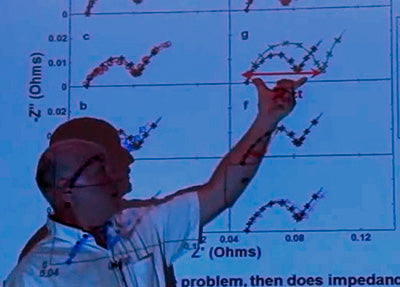
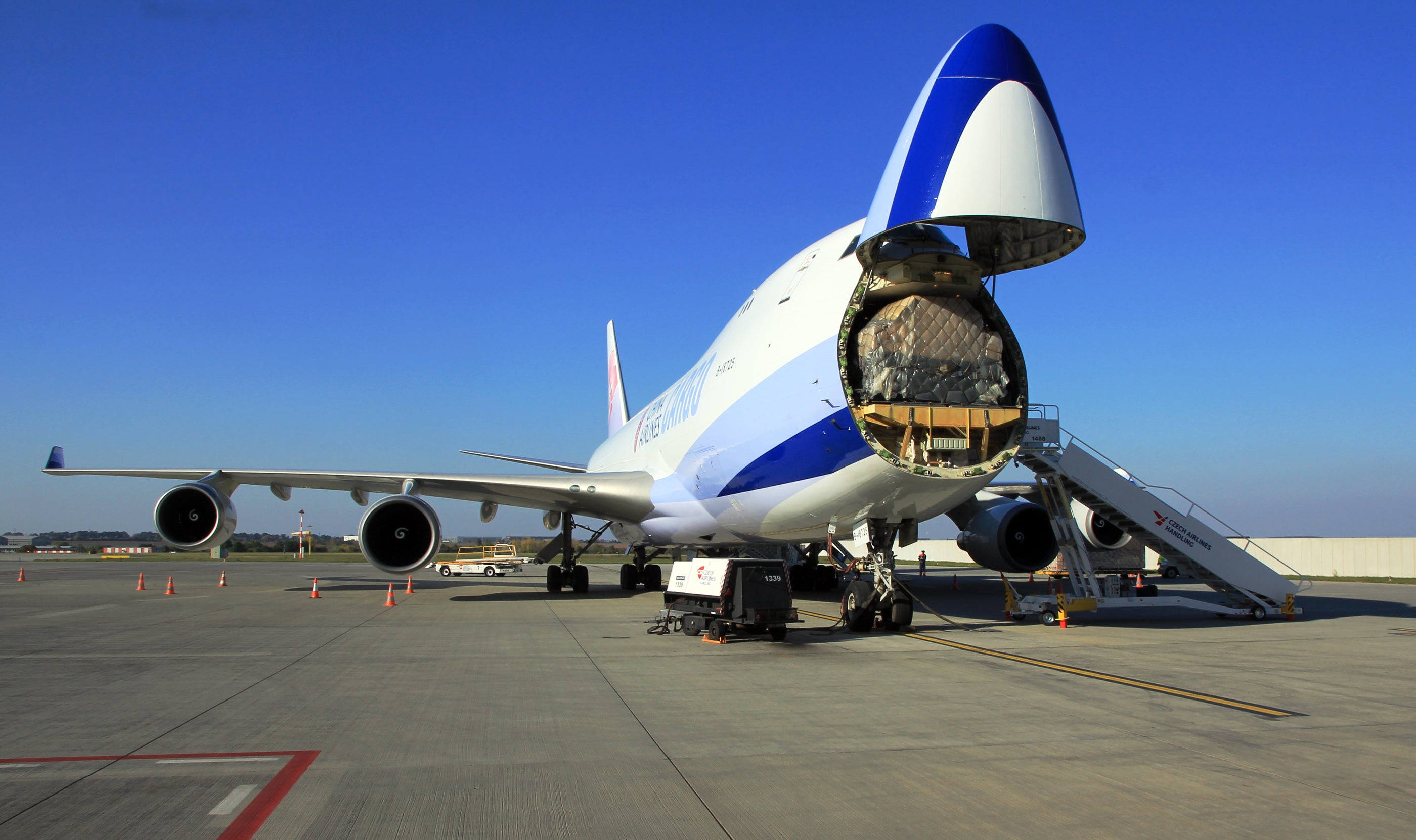
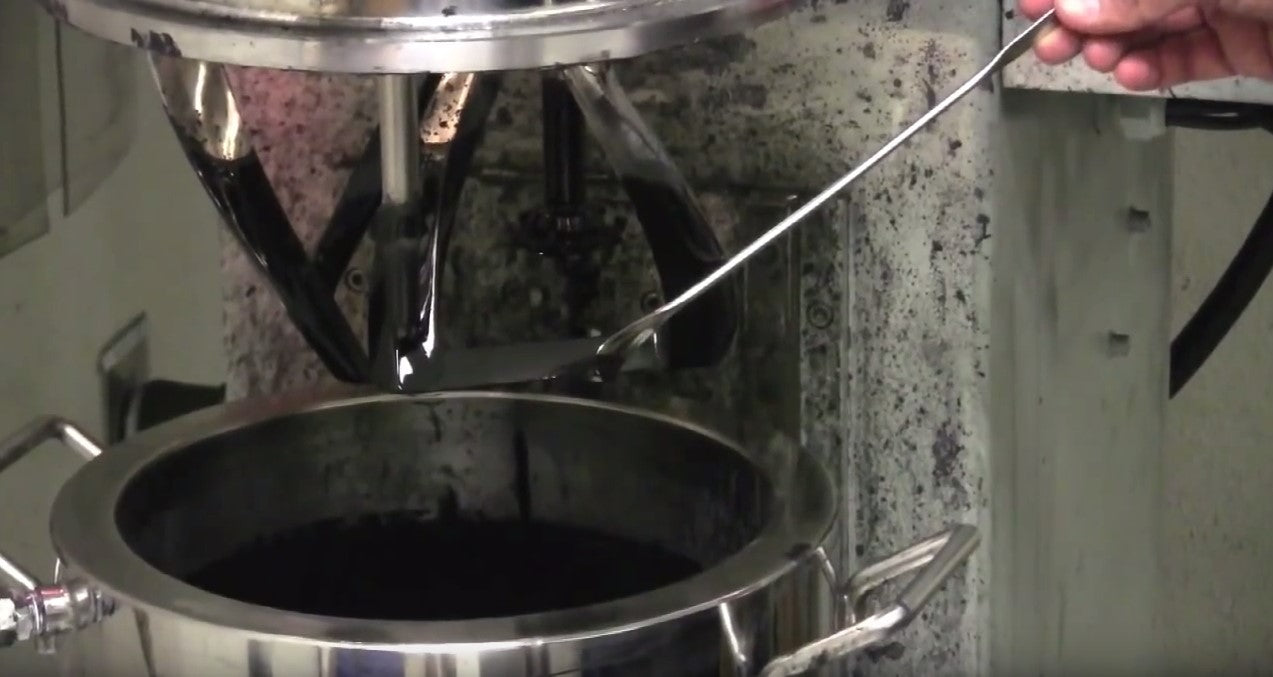
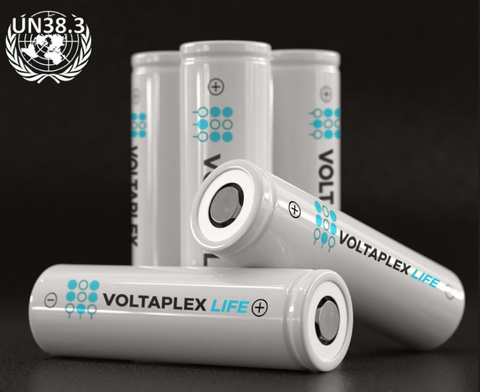
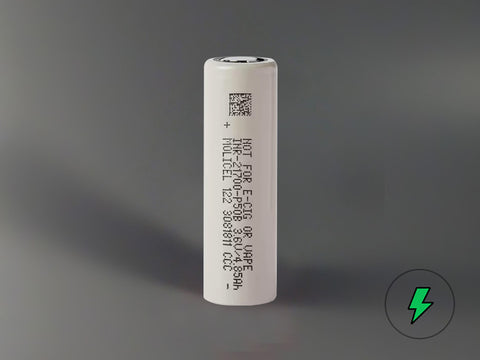
Comments
Andrew on June 01 2019 at 05:44AM
Bought 210 fake Samsung 35E from Basen via Alibaba on their trade assurance scheme.
Seller supplied a specification sheet and stated that the cells were from Chinese factory.
Samsung corporate disputed various attachments the seller Basen, put forward and each time Alibaba trade assurance team extended the dispute.
Alibaba trade assurance team ignored Samsung’s E-mails all with checkable addresses and final requested independent third party test were the only route. This in full knowingness of Samsung’s written decisions and in knowingness that the time scale is way to short to arrange a third party test report.
The dispute right now does remain open. Conclusion: I pointed out to Alibaba trade assurance team that for successful test results a specification sheet must be put forward. As the Samsung specification sheet is very clear that the cells are manufactured within Korea and the seller Basen, makes no doubt the original of the cells from a Samsung plant based in China (Samsung disputed in writing) then the cells cannot be independent third party tested having failed to comply with the specification sheet.
What reason the Alibaba trade assurance team couldn’t put all of that together and extended the dispute several times is a great concern.
Adam Jankowski on September 07 2018 at 08:25AM
I purchased 20 “samsung 25R” batteries from a seller for around 3.90$ each from a seller josekers. Initial inspection found the wrapper to be not right and no ink lettering visible through the wrapper even. Further investigation next to a genuine samsung 25R and even 20R showed the positive terminal to have narrower slots. Removed the wrapper and there was not stamped letter under the pvc wrapper, no gas relief port, no stamping under the positive terminal, and the insulator under the shell crimp was some kind of white plastic and not the same as true Samsung insulators.
Johnny on August 12 2015 at 03:51PM
These fakes was bought from cybrtekcomputers on ebay 2 days ago. http://i.imgur.com/GHcWowg.png
These fakes was bought from wholesale_electronics_usa on ebay in early June. http://i.imgur.com/YrQr9sX.png
Anon on June 21 2015 at 04:18AM
There’s a very good article on this site about spotting fake 25rs, that’s how I found out mine are fake. I post as anon because these batteries are “payment” shipped to me for a little work. But they are blatantly fake.
Tony G on June 17 2015 at 02:13PM
I had Samsung fakes from Ebay. I don’t buy batteries on Ebay now…